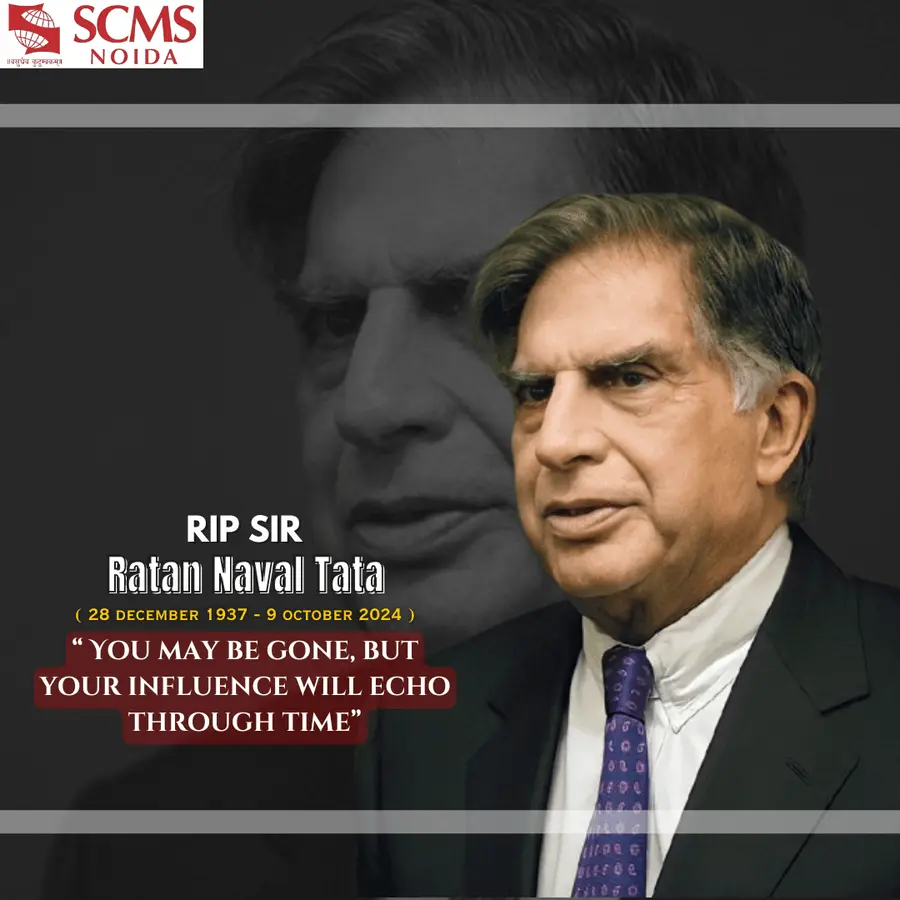DEMOCRATIC LEADERSHIP

Democratic leadership is that form of leadership wherein the group of people, regardless of where each of them lies on the hierarchy is headed by a leader who indulges in participative decision making and makes everyone feel that they are an asset to the team.
In this style of leadership, collaboration and active communication is given prime importance as the leaders who follow this style religiously believe that informed and well-rounded decisions or strategies can only be formulated when everyone is effectively involved and functioning at their maximum potential and capacity.
Leaders often distribute responsibility to every individual in the group which is in harmony with their strengths and potential, but the final and binding decision is made by the leader only. They also make sure that no one crosses any boundary or does anything unprofessional to disturb the decorum.
There are a lot of advantages of this kind of leadership, such as-
- Formation of strong and effective teams- The more time that the team spends together as one cohesive, democratic unit, the stronger the team�s bond becomes.
- Increase in productivity and the quality of work delivered- When every member is well respected and is motivated for the right reasons, the quality of the work delivered is top-notch because of the increased morale and high levels of engagement and recognition.
- Diversity in decisions- Leaders who follow this style of leadership receive inputs not only from colleagues holding the same position as them but also from employees who lie below in the hierarchical chain and from colleagues of different departments. This enables them to make a collective and informed decision that is well-rounded and adaptable.
As there are two sides of a coin, this seemingly perfect style of leadership also has its flaws-
- Delay in the decision-making process- As leaders who have adopted this style of leadership are used to collect and analyse everyone�s opinions and viewpoints in the team, it often takes a lot of time to make decisions.
- Lack of qualifications and expertise- There might be a lot of people in the team whose expertise is not the same as the crisis or do not possess the required expertise to solve a problem, so in that scenario, this kind of leadership is not effective.
There are various examples of democratic leaders such as Indra Nooyi, Nelson Mandela, Steve Jobs, George Washington, Abraham Lincoln among many others.
Leaders who follow this style are often the ones to which employees feel the most attached. There is mutual respect, affirmation and recognition persistent in this kind of leadership which makes the company capable enough to survive in the direst situations.
Comments

Leave Comment


 ABHILASHA TIWARI
ABHILASHA TIWARI 


No Comments ...